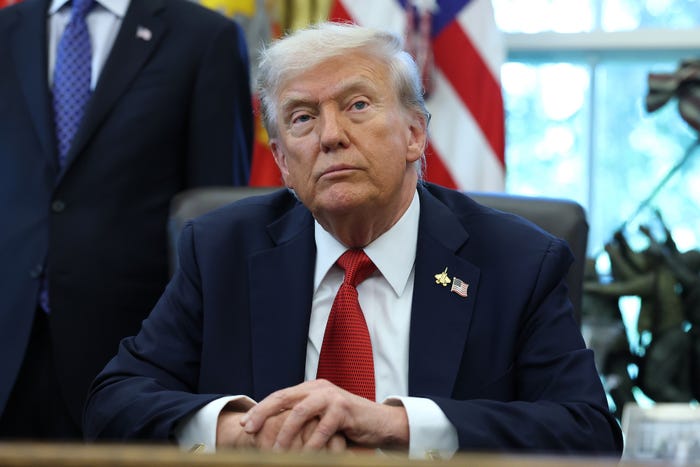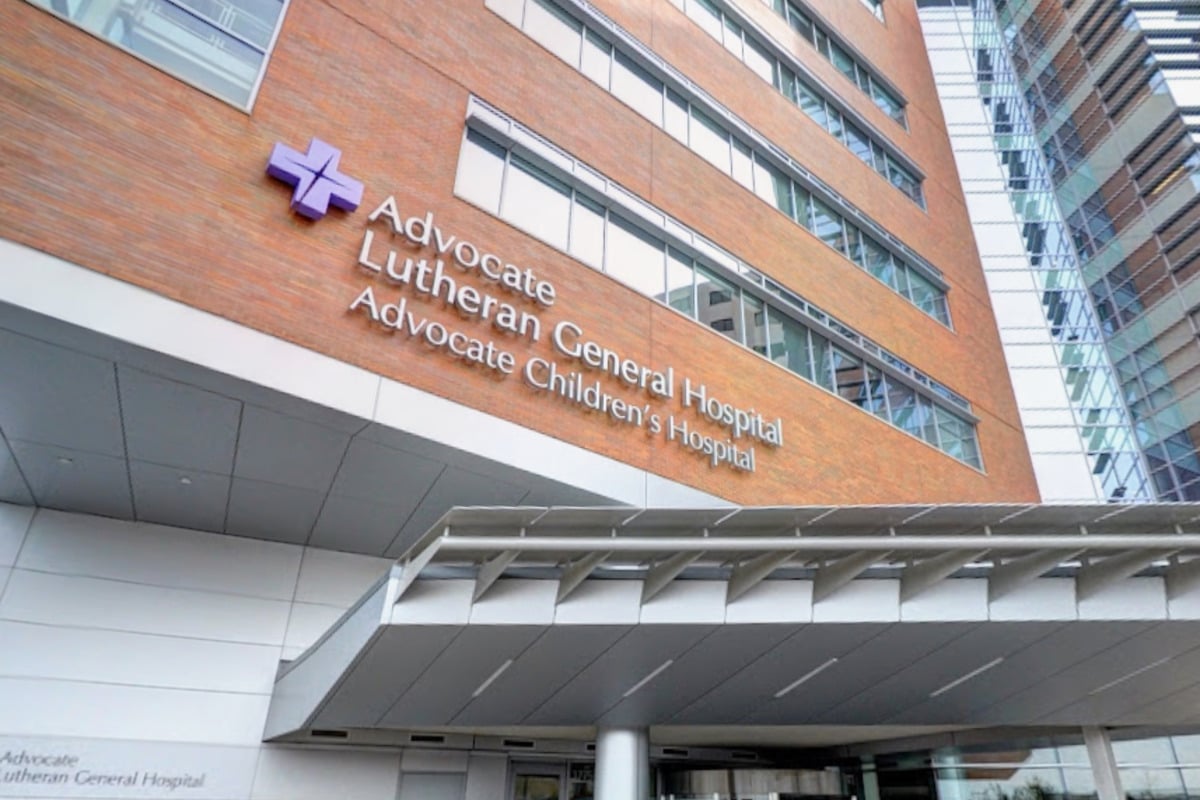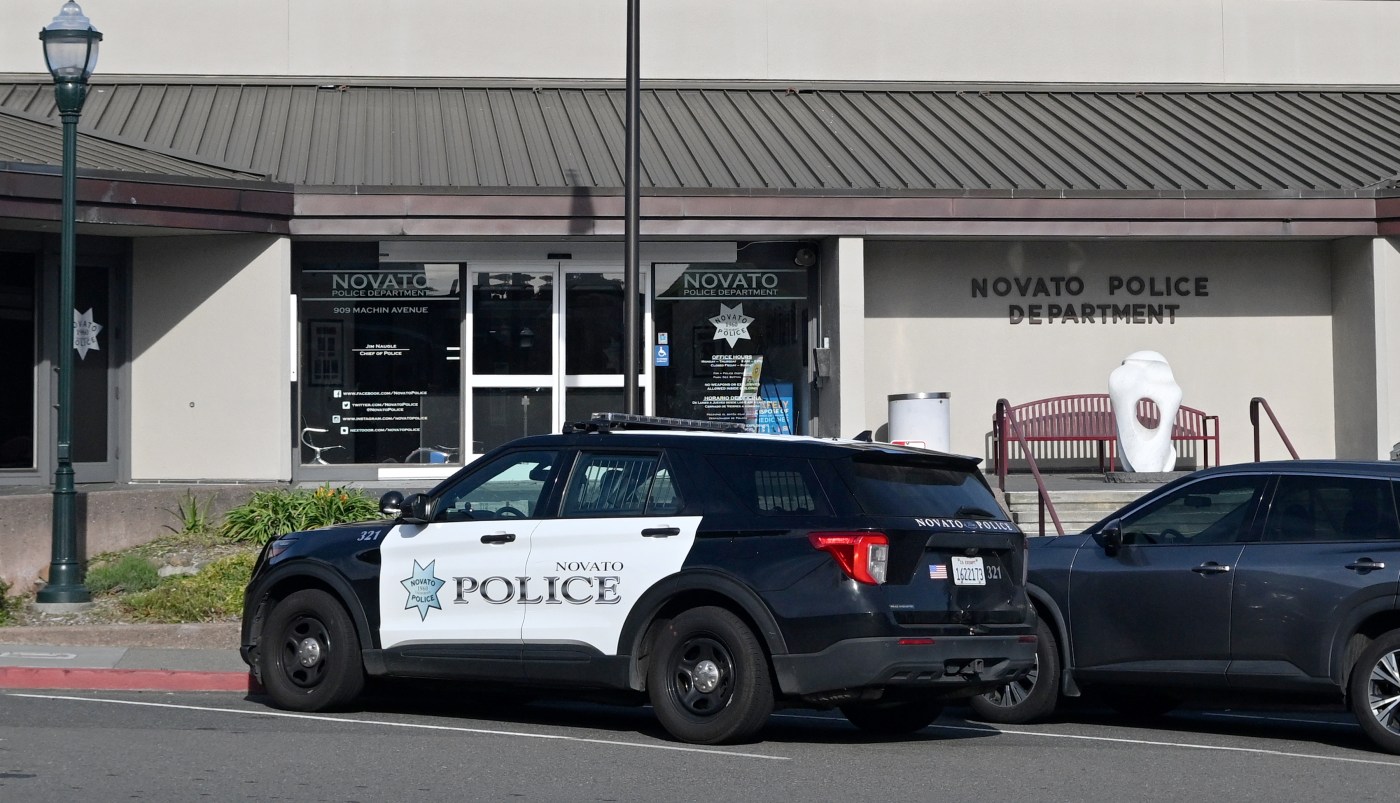
UPDATE: The White House has just announced that furloughed federal workers may not automatically receive back pay amid the ongoing government shutdown, raising concerns for hundreds of thousands of employees. This startling development comes as the Trump administration argues that Congress may need to pass a new law to grant these workers their due compensation.
According to a memo from the Office of Management and Budget (OMB), which has been confirmed by a White House official, employees who are currently furloughed—temporarily suspended from their jobs—are not guaranteed back pay. This contradicts the widely understood implications of the 2019 Government Employee Fair Treatment Act, which many believed ensured that all federal workers would receive retroactive pay after a shutdown.
The memo states that workers will only receive pay “subject to the enactment of appropriations Acts ending the lapse,” meaning specific congressional action may be necessary. This interpretation could leave affected workers in a precarious financial situation once the government reopens.
Earlier guidance from the Office of Personnel Management (OPM) indicated that furloughed workers would indeed receive retroactive pay after the shutdown ends. “After the lapse in appropriations has ended, employees who were furloughed as the result of the lapse will receive retroactive pay,” the OPM guidance stated. This creates a stark contrast to the latest White House assertions, which could lead to confusion and anxiety among federal employees.
Senator Patty Murray, the top Democrat on the Senate committee overseeing government funding, condemned the memo as a tactic to intimidate federal workers. In a statement on X, she declared, “The letter of the law is as plain as can be—federal workers, including furloughed workers, are entitled to their back pay following a shutdown.” Her comments reflect the growing frustration among lawmakers regarding the administration’s handling of the situation.
The implications of this memo extend beyond just furloughed workers. If the White House’s interpretation is accurate, it could also affect their own staff, with roughly one-third of employees currently furloughed. Meanwhile, the administration has hinted at possible mass firings due to the shutdown, although no such actions have occurred as of today.
This developing situation raises urgent questions about the financial stability of federal workers and their families, many of whom rely on this income to meet essential expenses. With the government shutdown continuing, the urgency for a resolution has never been greater.
As Congress prepares to reconvene, all eyes will be on potential legislative responses to this issue. Will lawmakers step in to ensure that furloughed workers receive the compensation they deserve? The answer could shape the financial futures of countless federal employees across the nation.
Stay tuned for updates as this situation unfolds. The impact on federal workers and their families is profound, making it crucial to monitor developments closely.







